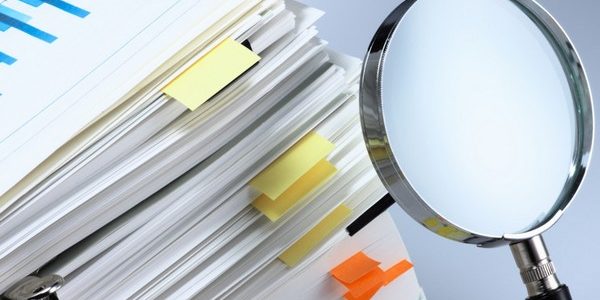

Do you remember the story of a swindler who faked his own death to avoid arrest?
In January 2018, the French police took interest in a rich foreigner who bought a castle in Burgundy. When it turned out that the man was Ukrainian, the gendarmes contacted the Ukrainian police. It turned out that the Ukrainian was wanted by Europol and the Prosecutor General’s Office for a long time, but the case was closed due to the suspect’s “death.” With a death certificate attached.
The French investigation leaped to a new level. From internal fraud, the case turned into international money laundering. The “high-profile runaway” from Ukraine was arrested.
This is a great case of interaction of international asset tracing institutions. Recently, the government has taken another step towards improvement of this cooperation.
On 12 June, the Government adopted a regulation allowing the ARMA to engage foreign detectives in search of illegally obtained funds abroad. Here are some answers about the anti-corruption impact of this decision.
Why do we need foreign detectives?
If the suspect of corruption has assets in Ukraine, he or she cannot use them if the court transfers these assets to the ARMA. But what do we do if the suspect keeps these funds abroad?
Now, the Ministry of Justice and the ARMA will be able to request foreign courts to freeze questionable assets of Ukrainian origin. A foreign court can make the decision to block these assets.
How did it work before?
There was no effective mechanism of engaging foreign lawyers and detectives in asset recovery.
For instance, to engage international lawyers, the ARMA would have had to act under the Law of Ukraine “On public procurement,” that is, announce a tender and organize an open bidding procedure. Few international lawyers would be interested in participating.
Before, the ARMA would have had to act under the Law of Ukraine "On public procurement," that is, announce a tender and organize an open bidding procedure. Few international lawyers would be interested in participating.
How will it work now?
Much better! Now, the ARMA and the Ministry of Justice can engage foreign lawyers and detectives in asset recovery. The benefit of foreign lawyers is that they understand the local legislation.
After the assets are found, these lawyers can help to freeze the assets by filing a lawsuit with the local court. They will also represent the interest of Ukraine in these courts. They will work based on success compensation — that is, if they succeed, they will be paid a percentage of the recovered assets, if they fail, they will not be paid.
The next step will be to set up communication between the Prosecutor General’s Office and the Ministry of Justice and the foreigners to get the asset transferred under the management of the ARMA.
Where will they look for this property?
The ARMA is an agency authorized to work with international organizations and networks whose activity aims at providing international cooperation in finding, tracing and management of assets. The agency already works with a number of such organizations, for instance, with StAR, CARIN, etc.
To sum up
While this is certainly a welcome step that will make the ARMA’s work much easier, this is not the only thing that needs to be done to make the Agency more efficient.
TI Ukraine has reiterated multiple times that the ARMA needs many legislative changes to work more effectively. Until all these changes are adopted, it will not be a truly effective anti-corruption agency.
Transparency International Ukraine works with the National Agency within the project Enhancing the Role of Civil Society in Public Finance Oversight, financed by the European Union. The project aims at empowering civil society and journalists with effective anti-corruption, asset recovery and anti-money laundering tools to perform the public finance oversight, support the launch of Asset Recovery and Management Agency (ARMA) and to update the list of Politically Exposed Persons. Find out more at https://goo.gl/Jgr9ic
The benefit of foreign lawyers is that they understand the local legislation.






